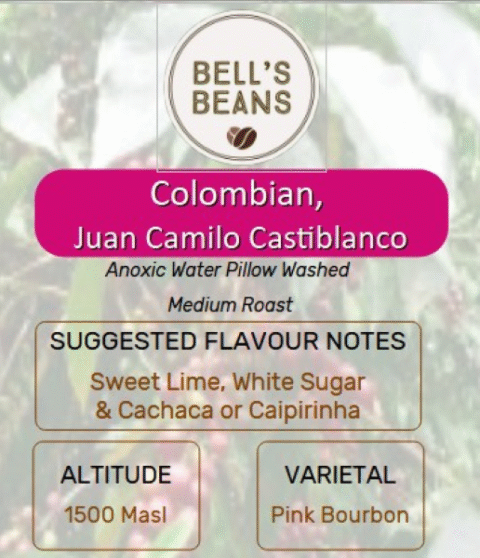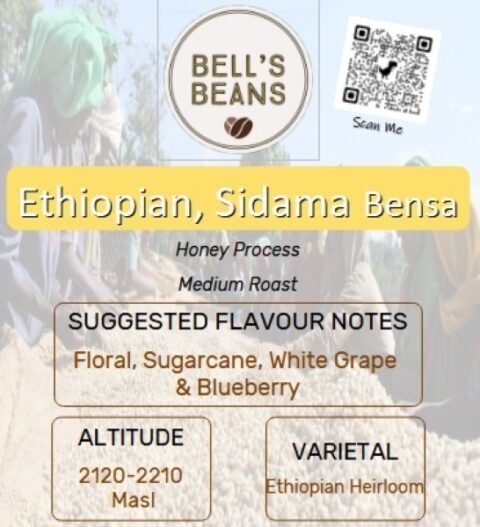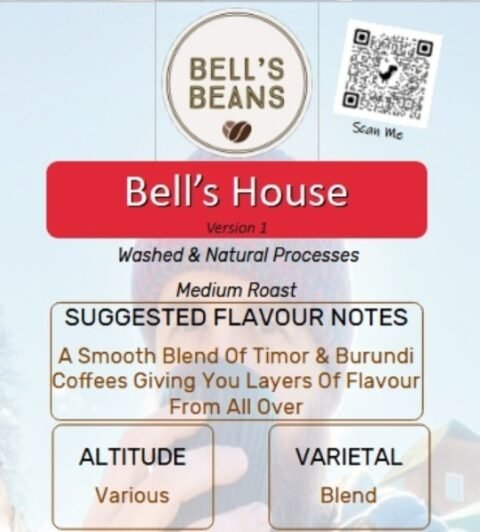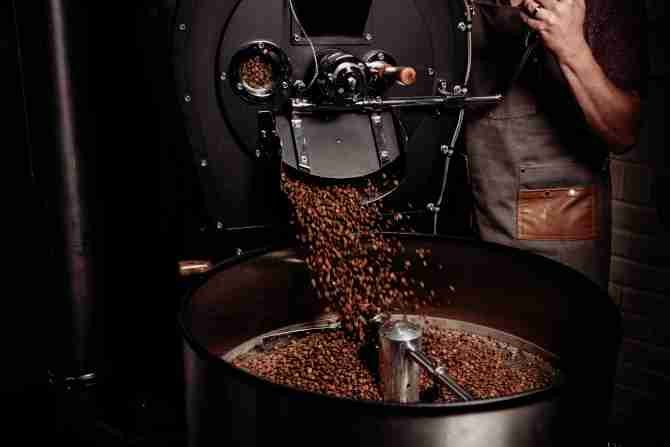Being a micro roaster and only buying in small supplies of each coffee it means that I run out of a coffees from time to time.
This does mean though that I can explore new coffee and so can you.
I try to get in replacement coffees that are similar but different to the ones that I run out of, so please have a look through my current stock and see if there is anything that matches what you are looking for, or feel free to email for a suggestion of what might match.
Some Of The Latest Coffees To Hit The Roastery
-
Select options This product has multiple variants. The options may be chosen on the product page New


Colombian, Juan Camilo Castiblanco, Anoxic Water Pillow, Pink Bourbon
£6.00 – £40.00 Select options This product has multiple variants. The options may be chosen on the product page -
Select options This product has multiple variants. The options may be chosen on the product page


Peru, Finca El Morito, Faustino Flores
£13.00 – £75.00 Select options This product has multiple variants. The options may be chosen on the product page -
Select options This product has multiple variants. The options may be chosen on the product page


Ethiopian, Sidama. Honey
£12.00 Select options This product has multiple variants. The options may be chosen on the product page -
Select options This product has multiple variants. The options may be chosen on the product page


Bell’s House
£5.00 – £34.00 Select options This product has multiple variants. The options may be chosen on the product page
